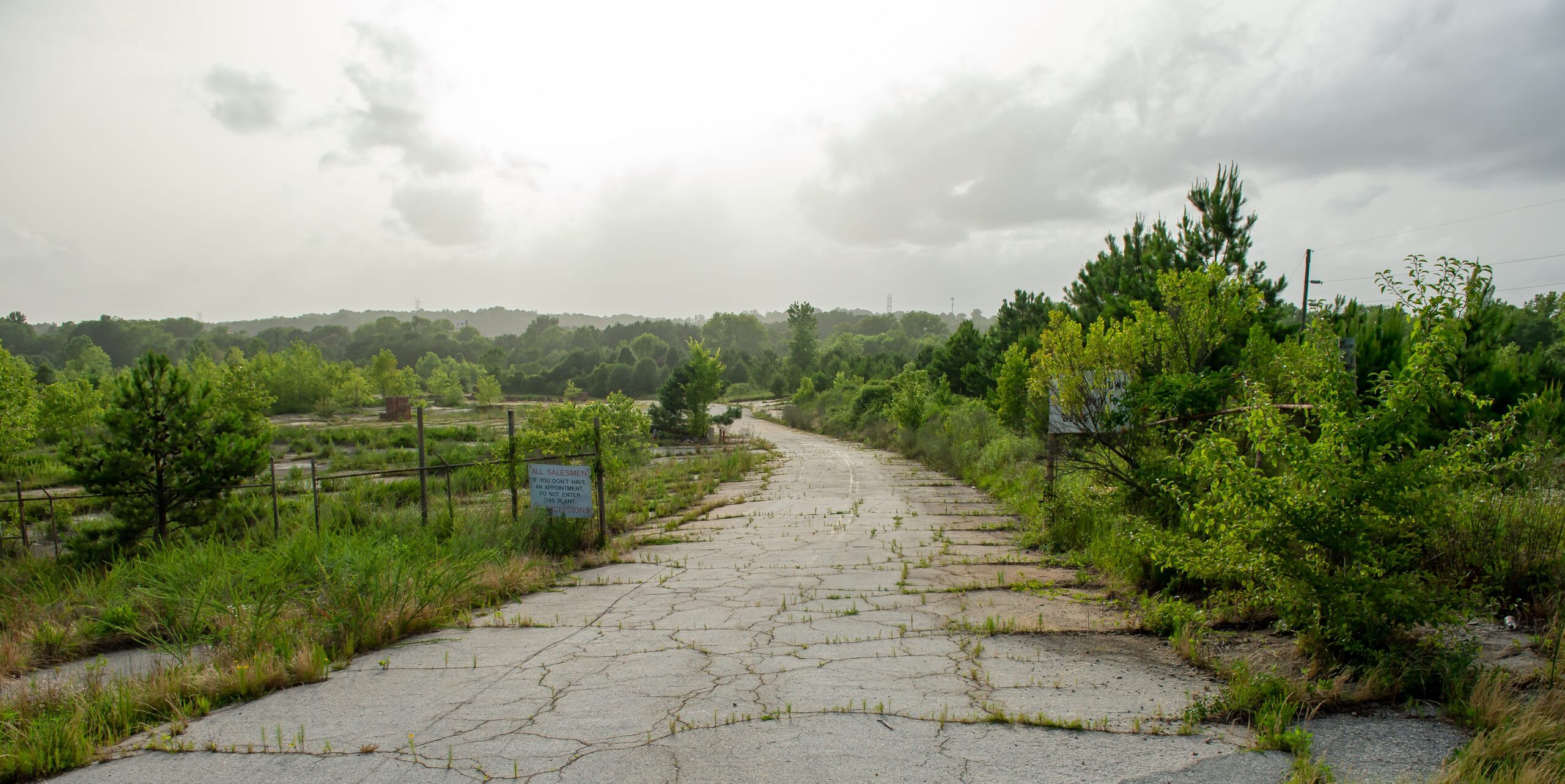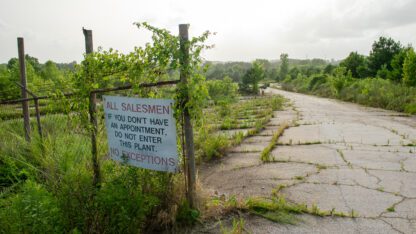The City of Atlanta is a step closer to buying the property where the Chattahoochee Brick Company once operated, after years of advocacy by local residents and legal wrangling by the city.
The Chattahoochee Brick Company churned out bricks around the turn of the 20th century and was owned by politician and Confederate officer James English. Its bricks helped build the city, but its workers were convicts who were horribly treated and, in some cases, died at the site.
In the past several years, there have been two attempts to build a fuel shipping terminal at the location. Both times, local activists have pushed back against the plans, Atlanta has gotten involved, and the projects have been canceled.
Now, the city is close to owning the land itself. Legislation to allow Atlanta to buy the property passed out of committee unanimously on Tuesday.
“This has been a long process,” Atlanta City Councilmember Dustin Hillis, who represents the part of Northwest Atlanta where the Brick company site is located, said during the committee meeting. “I’m looking forward to finally acquiring this land for the city.”
Hillis said the fight over the fate of the land predated his time on city council. He remembered being a neighborhood leader and hearing about the first fuel terminal proposal. “It’s probably one of the largest attended NPU-D meetings that I had ever been to,” he said.
The process to acquire the land started under former Mayor Keisha Lance Bottoms last year, after the second fuel terminal proposal was cancelled.
Mayor Andre Dickens has already met with the local activists who have worked to protect the property.
At the committee meeting, Atlanta Deputy Chief Operations Officer LaChandra Burks said the administration will ask neighbors and the larger community to help make a plan for what to put on the property, which sits at the confluence of Proctor Creek and the Chattahoochee River.
“One that includes a memorial to the history of the property, protects and restores floodplain areas, and creates a public park on the Chattahoochee River,” she said.
The non-profit group Conservation Fund helped the city buy the land, and the Atlanta-based foundation the Kendeda Fund contributed money, according to Burks.
Hillis and Burks also thanked the companies that had wanted to build the fuel terminals — Atlanta-based Norfolk Southern and Lincoln Energy — for coming around to working with them.









